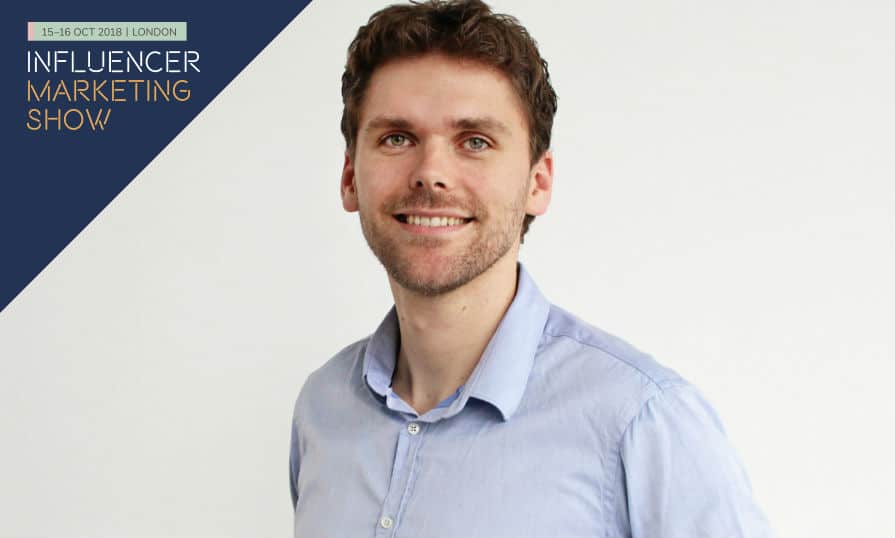Tell us a bit more about your session at IMS 2018?
We have seen firsthand at InfluencerDB and with the hundreds of brands that we’ve worked with, the power and pull of digital influencers. We are witnessing a radical change in how and where content is consumed, and how consumers enter the buyer funnel and make their buying and brand loyalty decisions.
But there is a dark side to the digital space – and that’s the ability for bad actors to hide behind the opacity of the internet. We’ve seen it in the political sphere, with interference in foreign politics and elections. We’ve seen it in the news, with the proliferation of fake news. Now we see it commercially, with the rise of fake influencers. My session will discuss the scope of the problem and what we need to do as an industry to combat it.
What key takeaways do you think will drive the most debate?
As we’ve seen from Unilever CMO Keith Weed pronouncements about the problems with the industry that while everyone is in agreement that fraudulent influencers are a big problem, there isn’t a single silver bullet response. I think that there is some reluctance to accept that consumers, influencers, technology solutions and brands all need to be part of the solution. I think people will also be surprised about the size and depth of the problem.
How has the role of influencer marketing evolved over the last few years?
When I started out working in influencer marketing around 2010, it was the wild west. Brands wanted to work with bloggers, and bloggers with brands, but no one knew how to do it or how to monetise it. As more and more brands realised that this was the way to reach new audiences and build customer loyalty, the technology began to rise to meet the need.
While every CMO by now knows about influencer marketing and its importance, we still see the majority of brands and companies not using the right scientific data points to validate decisions as well as a lot of inefficiencies when it comes to setting up cross-department processes and consolidation of information. These issues can only be addressed by using the right technology. I believe in the next few years every B2C CMO will start implementing a fully-fledged, end-to-end-solution for these challenges.
What’s been the biggest challenge to influencer marketing you’ve seen this year?
The environment is changing at such a rapid pace. The way that consumers consume content has been completely revolutionised in the last ten years. Because of that, marketing technology has had to reinvent itself, and now changes in the space happen at an incredibly fast rate. It never gets boring.
We are enabling brands to work with digital influencers who are creative, outgoing human beings that are connected to their audiences through technology, and that technology never stops evolving. Companies that are going to succeed in this space have to be able to be both flexible enough to respond to these changes, while also being deeply committed to and fully understanding of they provide customers now and in the future.
The show isn’t far away – what are you most looking forward to?
The thing I’m most looking forward to is hearing the variety of success stories from the industry. I’m always interested in hearing interesting use cases and who is really pushing the boundaries and approaching influencer marketing in a thoughtful and data-driven way. I know from the list of folks attending already that this is going to be a show full of such stories.

